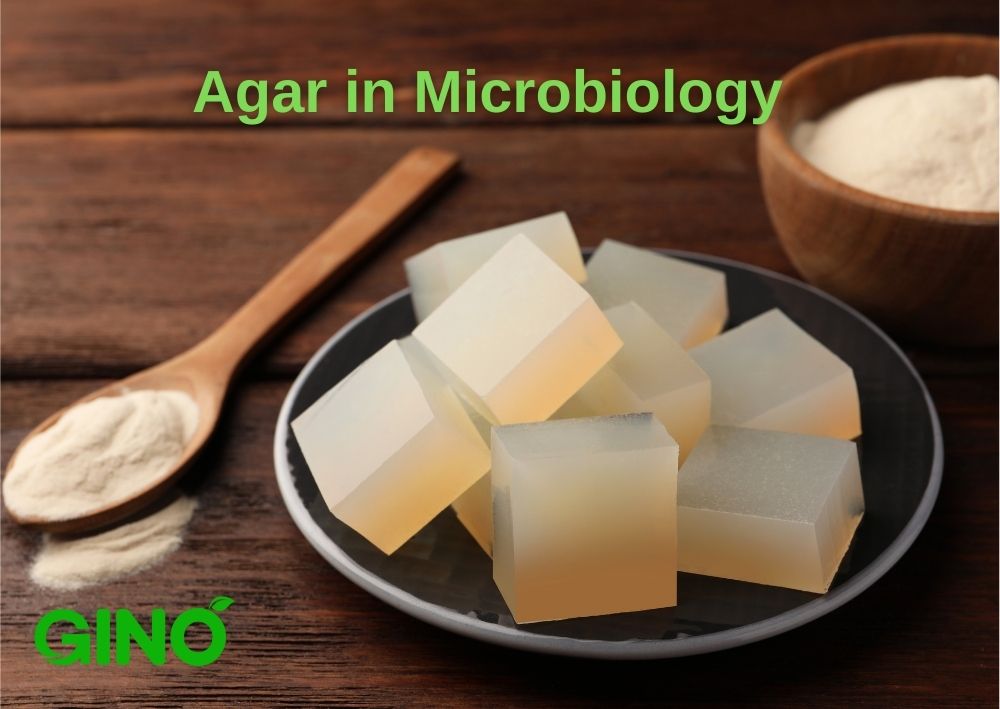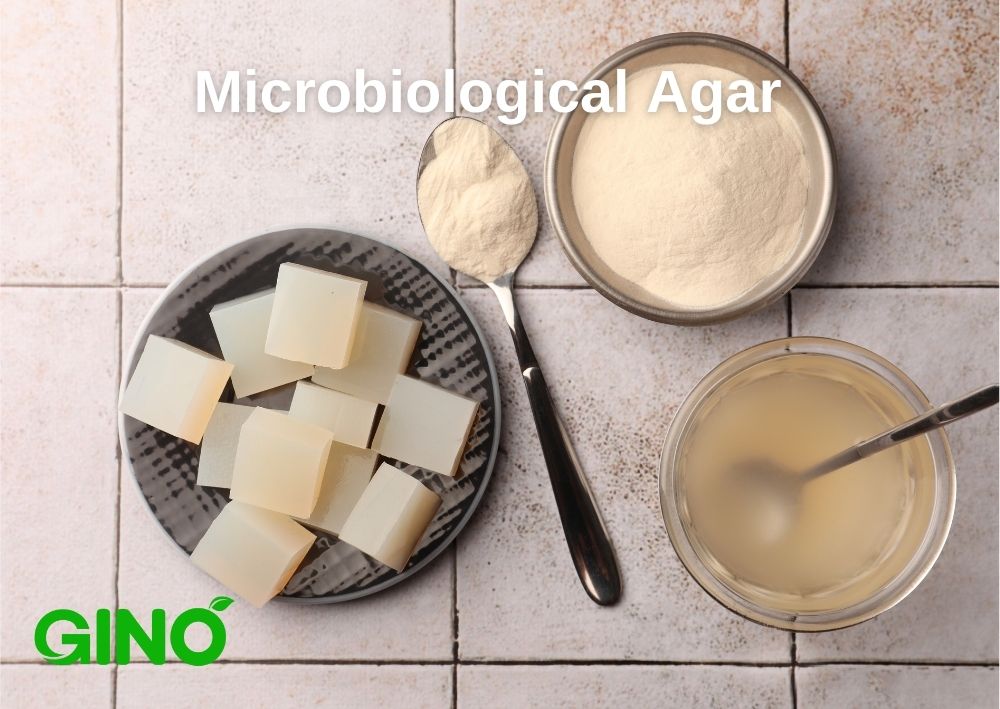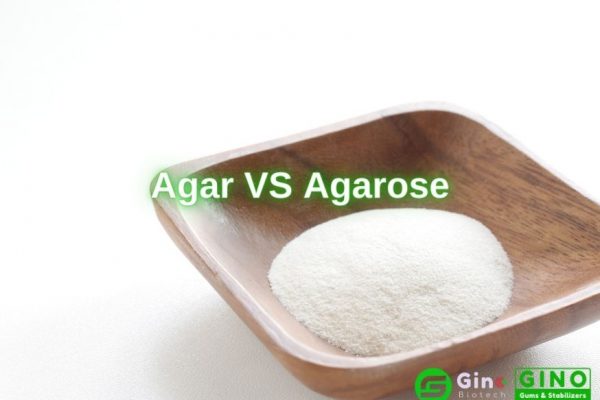7 Key Benefits of Agar in Microbiology
Benefits of Agar in Microbiology
Agar, derived from marine red algae, plays a crucial role in microbiology by acting as a gel-like substance that solidifies the culture medium. This process creates an optimal environment for the growth and study of microorganisms.
Here are 7 key benefits of agar in microbiology:

1. Solidifying Agent in Culture Media
Agar's unique property to solidify at room temperature makes it an ideal medium for cultivating microorganisms.
When agar powder is combined with essential nutrients and water, it transforms into a gel-like substance, providing a stable surface conducive to the proliferation of microorganisms.
2. Maintains Structure and Stability
Agar's ability to maintain its solid form even at higher temperatures without melting makes it advantageous for culturing bacteria, fungi, and other microorganisms. It retains its structure, allowing researchers to observe and study microbial colonies effectively.
3. Uniform Growth Surface
The use of agar in petri dishes ensures a uniform surface for microbial growth. It provides an even platform for microorganisms to proliferate, aiding in the isolation and identification of different species.

4. Ease of Handling and Sterilization
Agar can be easily sterilized without altering its properties, making it convenient for preparing sterile culture media. Its inert nature ensures that it does not interfere with the growth of microorganisms.
5. Versatile and Widely Accepted
Due to its reliability and consistent performance, agar has become the standard solidifying agent in microbiology laboratories worldwide. Its versatility allows for various types of media formulations to support the growth of diverse microorganisms.
6. Facilitates Microbial Studies and Research
Agar's role in providing a controlled environment for microbial growth enables scientists to conduct experiments, study characteristics of microorganisms, perform sensitivity tests, and develop new medical treatments or antibiotics.
7. Cost-Effective and Environmentally Friendly
Agar is a cost-effective option for culturing microorganisms compared to other alternatives. Moreover, being a natural hydrocolloid derived from seaweed, it is biodegradable and environmentally friendly.

Conclusion
In the world of microbiology, agar stands as an indispensable element in the cultivation and examination of microorganisms.
Its distinctive characteristics make it an invaluable asset for researchers and scientists, significantly contributing to the progression of microbiological research and various scientific disciplines.
Exploring the benefits of agar in microbiology? For top-quality microbiological agar, look no further!
Contact us today to procure the finest agar for your research and laboratory needs. Elevate your microbiological studies with our premium-grade agar- your essential partner in cultivating and studying microorganisms.
Contact Our teamRecent Posts

We are a biotech company specializing in the research, development, and commercialization of innovative and technological food additives hydrocolloids Agar Agar, Carrageenan, and Tailor-Made Stabilizer Solutions.
With the extended know-how and experience in the research, application, and use of Hydrocolloids, we could provide one-stop-shop customized solutions perfectly matched to the needs of our customers.
Our products cover the needs of the Meat, Dairy, Bakery, Confectionery, and other industrial sectors.













